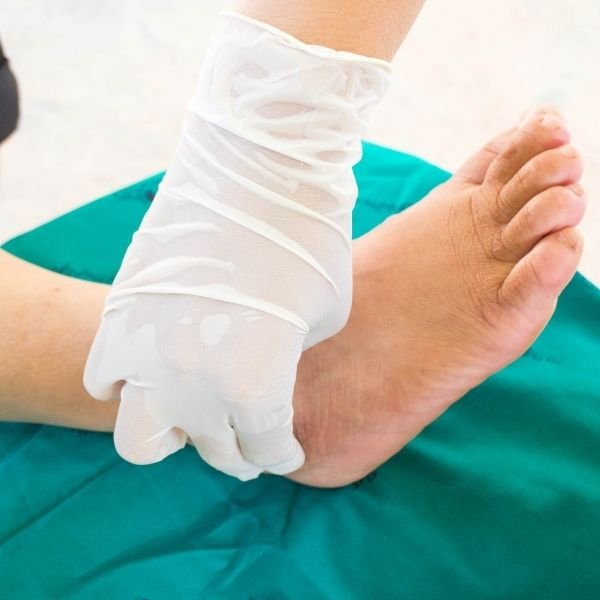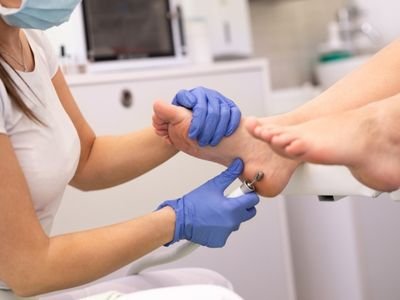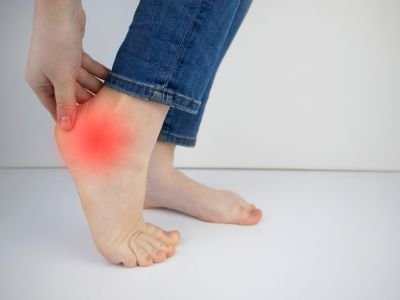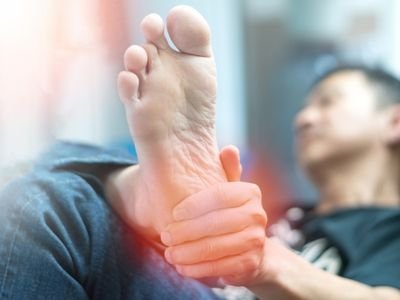Schedule Your Consultation for Expert Care
At Skylake Medical Associates, take the first step towards expert care by scheduling your consultation with our experienced healthcare team, podiatrists, and foot and ankle doctors. Experience personalized attention and comprehensive healthcare tailored to your needs.







